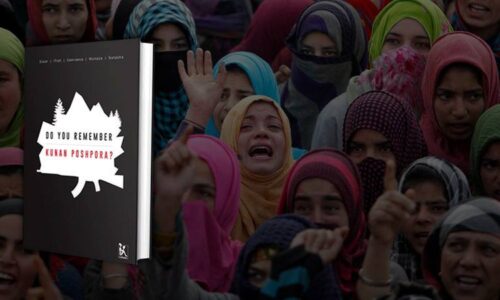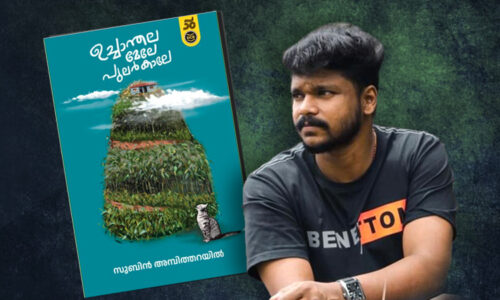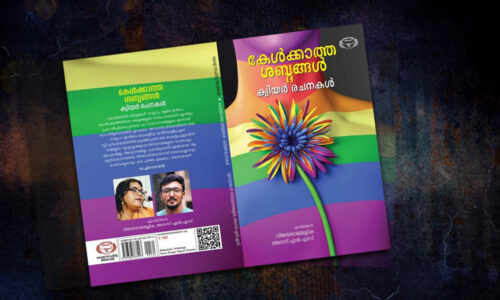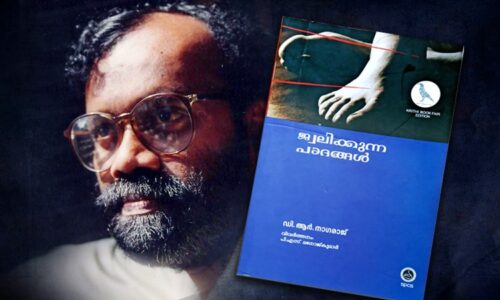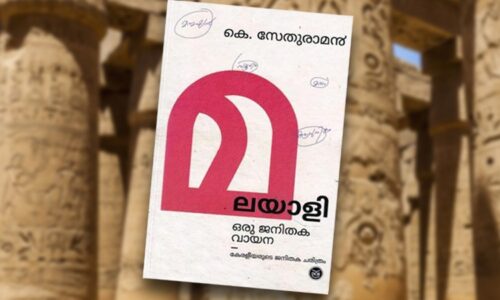Help us in our pursuit for high-quality journalism!
Our commitment to uncovering requires your backing. Support our fearless investigative reporting, in-depth analyses and community voices. Donate now to strengthen the editorial independence and provide open access content to all.
Support Keraleeyam Choose your preference
₹1000/Year
₹2000/2 Years
₹500Students/Year
A contribution of any size


In 2007 when the Afghan American author Khalid Hosseini published his work titled ‘A Thousand Splendid Suns ’ to win hearts all across the world with the tragedy of Afghan women under Taliban portrayed effortlessly and made us empathize and wish with all our might that this history never repeats. On August 15th when the Taliban seized power in Afghanistan after twenty years, the Afghan women are facing their worst nightmare. ‘A Thousand Splendid Suns’ is a relevant read precisely now since it is capable of creating awareness about the miseries women suffered and would have to again under the deadly regime of the Taliban.
The Taliban which translates to ‘students’ in English was founded with the initiative of addressing the sufferings of Afghans through the introduction of Islamic Law. They believed the rising soviets and other forces in power were the prime reason for the ill state of Afghanistan. The Taliban quickly rose to power and believed in the strict enactment of Sharia Law. The novel depicts the struggles of Mariam and Laila when the Taliban came into power. Mariam, an illegitimate child, had a bitter life throughout. Her birth had brought the tags that never let her live a normal life. She yearned to have a normal family, live with her rich affluent father, but that always seemed like too much to ask for a child like her. Mariam never had proper schooling, she was taught by a home tutor, a mullah. Mariam was married off at the age of fifteen to a much older man named Rasheed.


Laila could be seen as a progressive woman who was privileged to attain education and to be born to parents who respected and accepted women and their rights. Laila unlike Mariam also had the fortune of finding love in a feminist man. The character portrayal of Rasheed can be analyzed to examine the representation of an orthodox patriarchal man. Rasheed has it all in him, misogyny, sexism, and male chauvinism. It was during this time when the Taliban seized power, Laila entered their lives. Rasheed drags Laila into marrying him through false stories to which Laila falls prey, due to her helpless situation. Rasheed treats both of his wives with brutality when he realizes Mariam has pregnancy complications and Laila could not give him a boy child. Rasheed doesn’t like his wives going out. He doesn’t believe in educating his girl child and he strongly believes in women covering up their entire body except for their eyes. The Taliban’s notion of womanhood could be seen in Rasheed.
The novel explains instances where Rasheed physically and mentally harasses Mariam and Laila which is in fact normalized and accepted by the conservative society built by the Taliban. Taliban touches on the most essential subject of women’s lives, freedom. They are infamous for their violation of women’s rights. The strict adherence to Sharia law which means women and men would be publicly beaten up and punished further if they fail to follow the rules, are expressed vividly through several incidents in the novel. Art, cinema, music and everything else that is expressive has always been impermissible by the Taliban as much as they feared women being who they are and fighting for their fundamental rights. They carried out activities to ban education and job opportunities for women to ensure the cleansing of future possible threats to their very existence.
Laila, unlike Mariam, could not make peace with the fact that the Taliban was in power. Mariam never has in her life known happiness. The insecurities that were constant in her life had influenced her efficiency to understand and distinguish between the hardships that sprouted in her way. Today when news of Taliban’s reinstatement of power make up our social media feeds and newspaper columns, an aid like ‘A Thousand Splendid Suns’ would help us understand better the fear and agony of Afghan women. The justifications persisting over the Taliban’s change for the good and their disposition to accommodate a few insignificant changes should be analyzed with a deeper perception of women’s rights which this book does not fail to convey. Taliban are here to destroy a future that can only be answered with constant fights until their rules do not change altogether nor they come down from power which requires adequate support from everywhere. The need for this still has not reached many. A good read like this would move even the coldest of hearts and genuinely initiate efforts for the much-needed change. The world is not ready to see more Mariams and Lailas. The time is high for the Taliban’s redefinition of a woman.



